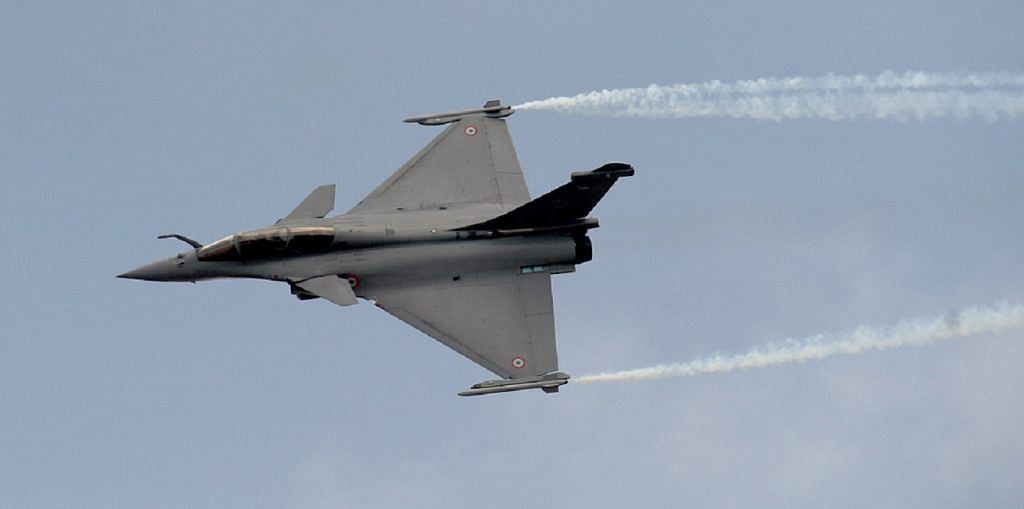Unless details are made available to Parliament and thus to the people, GOI is acting in secrecy and misusing its power.
The Government of India, due to its sheer arrogance, is creating a scam in the Rafale purchase where none exists. The allegation being made is that the current government is paying three times the price for one Rafale jet compared to the price negotiated by the previous UPA government, and this suggests corruption. The present government is unwilling to release detailed financial details of the agreement, saying it signed a confidentiality clause with Dassault, the aircraft manufacturer. What GOI ignores is that it had no right to sign such an agreement. The Prime Minister and his cabinet are responsible to Parliament, which represents the people. The money is the people’s money, not GOI’s. Unless details are made available to Parliament and thus to the people, GOI is acting in secrecy and misusing its power.
Dassault’s reasons for demanding confidentiality pertain to its commercial interests. These interests are not the interests of the people of India, who need to know how their money is being spent; no further discussion is required, and GOI is under no legal constraint in releasing the information requested in Parliament. Undoubtedly, the opposition has little concern for the national interest; rather, it wants to embarrass the current government. But that is part of the rough tactics used in a democracy, and not an excuse to withhold requested information.
The extraordinarily absurd thing about this controversy is there are perfectly valid reasons why Rafale is three times as expensive. First, the original price for the 126 was flyaway cost. The current price for the 36 is life-cycle cost, and as can be seen from other Rafale deals, $300-million/life-cycle is what other countries are paying. Second, Economics explains that the fewer units produced, the more expensive each will be. The Rafales’ production run may be 350 aircraft, all customers. This is tiny compared to the F-16’s 4,700, and the F-35’s current 3,100. Third, as Ajai Shukla, one of our few military analysts willing to go into money details says, delaying deals imposes heavy costs because of price inflation. Five per cent annual is normal but, depending on the component, can be 15 per cent. He also notes that Dassault seems to be trying to recover R&D costs at India’s expense, after already getting the money from the French government. Now, while the French are exhibiting sharp business practice, this is not illegal. It is for the buyer to bargain down the price.
Does this mean Dassault has offered a straight, clean deal? Of course not! This is the French we are discussing, but at least they are not trapping us by quoting low prices, and then hiking it once we cannot cancel because of the losses we’d suffer. The experts here are the Russians. The Americans do this too, but to its own government, not to others. In Rafale’s case, Ajai correctly notes that a lot of “India specific equipment” is usually supplied as part of the aircraft. Again, however, this is sharp practice but not illegal.
The opposition can say the above indicates GOI did not bargain hard enough, inflating the price, and this suggests corruption. Perhaps. But then why did GOI cut the original deal from 126 aircraft to 36, reducing potential bribes? The reality is that our civil servants, through no fault of theirs, lack the expertise to negotiate these very large, complex, technical deals. GOI can be legitimately blamed for its policy of delay, which multiplies costs and leaves the armed forces stuck with obsolete and obsolescent equipment, severely risking national security. This is, however, hardly unique to the current government.
Ravi Rikhye has written about 16 books on defence, and coauthored about ten others. He is completing a book which examines the two-front war question in detail.
